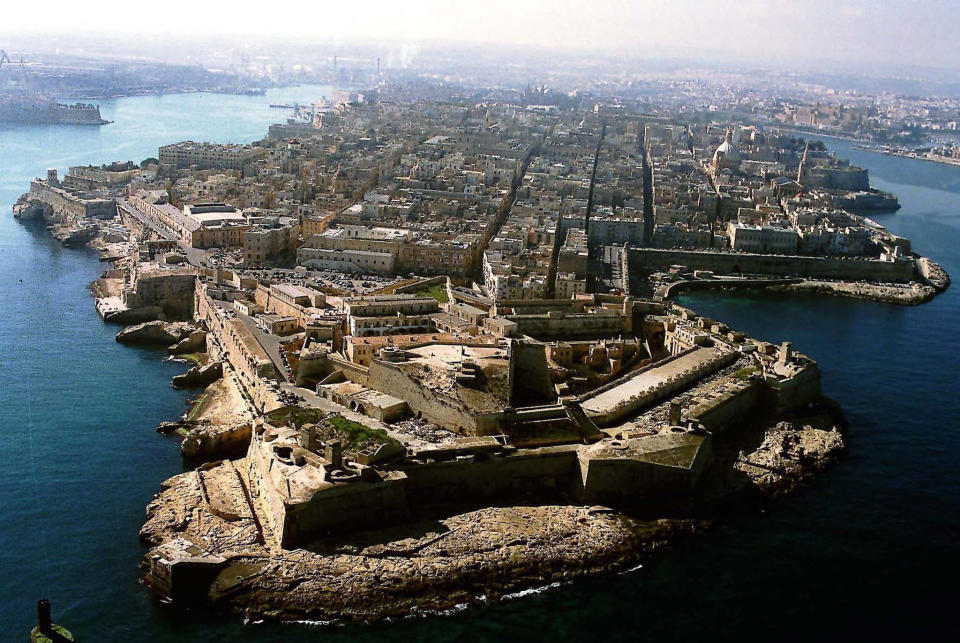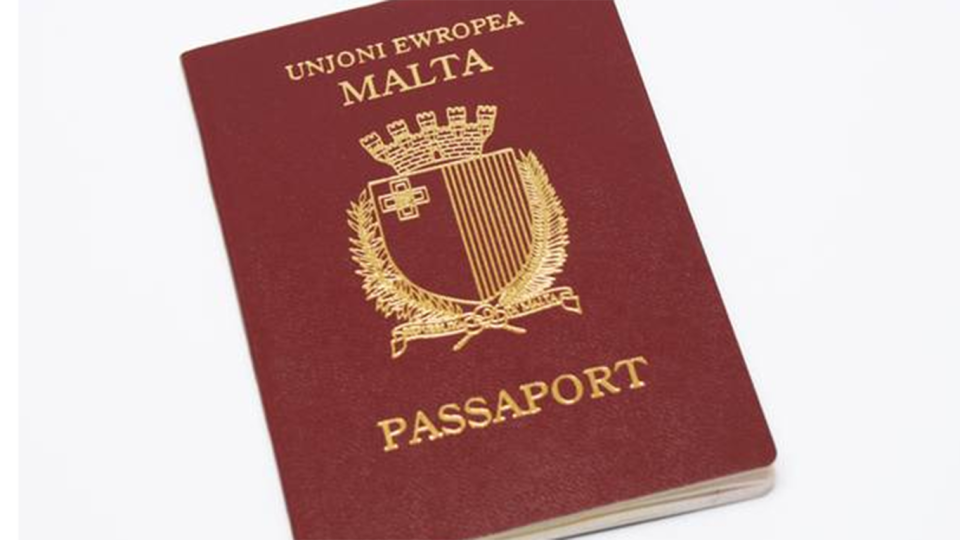Why the world's richest want this sought-after passport
The latest status symbol for the wealthy is not an expensive car, a flashy yacht or a wardrobe full of designer fashion – it’s a passport to a tiny island nation in Europe.
Malta may have a population of less than half a million people but it has one of the world’s most coveted passports.
Located just south of Sicily and positioned smack-bang in the middle of the Mediterranean, Malta offers its passport holders visa-free access to 182 destinations.
Part of the European Union, it has become a magnet for wealthy foreigners looking to secure a second citizenship and comparatively low tax rates.

According to Bloomberg News, the Maltese government imposes a 15 per cent flat rate on money brought into the country, but does not impose taxes on any money made outside the country.
You don’t even need to live in Malta to have a Maltese passport. Part of the cash-for-passports scheme means you can literally buy one outright.
The only catch is you need to have a few spare million in the bank.
To gain a passport, applicants must be able to do three things – buy or lease property on Malta’s three islands, invest money and contribute to a national development fund.
Paul Williams, from UK-based citizenship specialist firm La Vida, told The Times that total investment required for a Maltese passport was about $1.86 million.
The scheme, which was introduced in 2014, has already brought more than $880 million into the country, mostly from wealthy Russian tycoons.

According to Malta Today, about 700 cash-for-passports have been issued since the Individual Investor Program, as it’s officially called, began.
In December last year, the Maltese government released a list of its most recent Maltese nationals, revealing a who’s who of Russian oil magnates, media millionaires and real estate tycoons.
But critics of the scheme say they are concerned about the provenance of some of the cash flowing into this tiny country, fearing it could potentially encourage money laundering and corruption.
In an interview with The Financial Times, European Union’s Commissioner for Justice Vera Jourova said “in cases of any doubt, a person should not have the privilege of citizenship”.
“We have no power to ban such a practice but we have an obligation to put high requirements on the member states [of the EU] to be careful,” she added.
“They are granting citizenship to the whole of Europe.”


